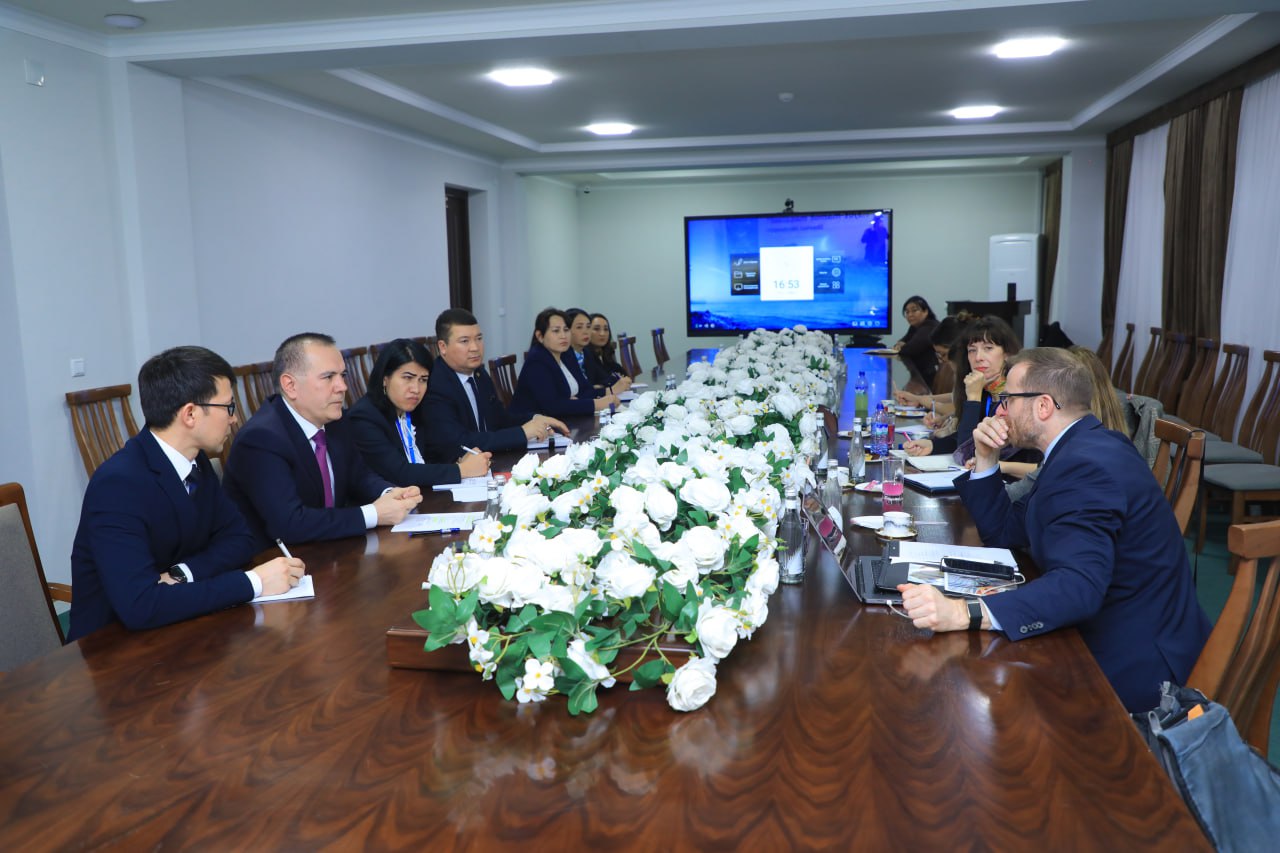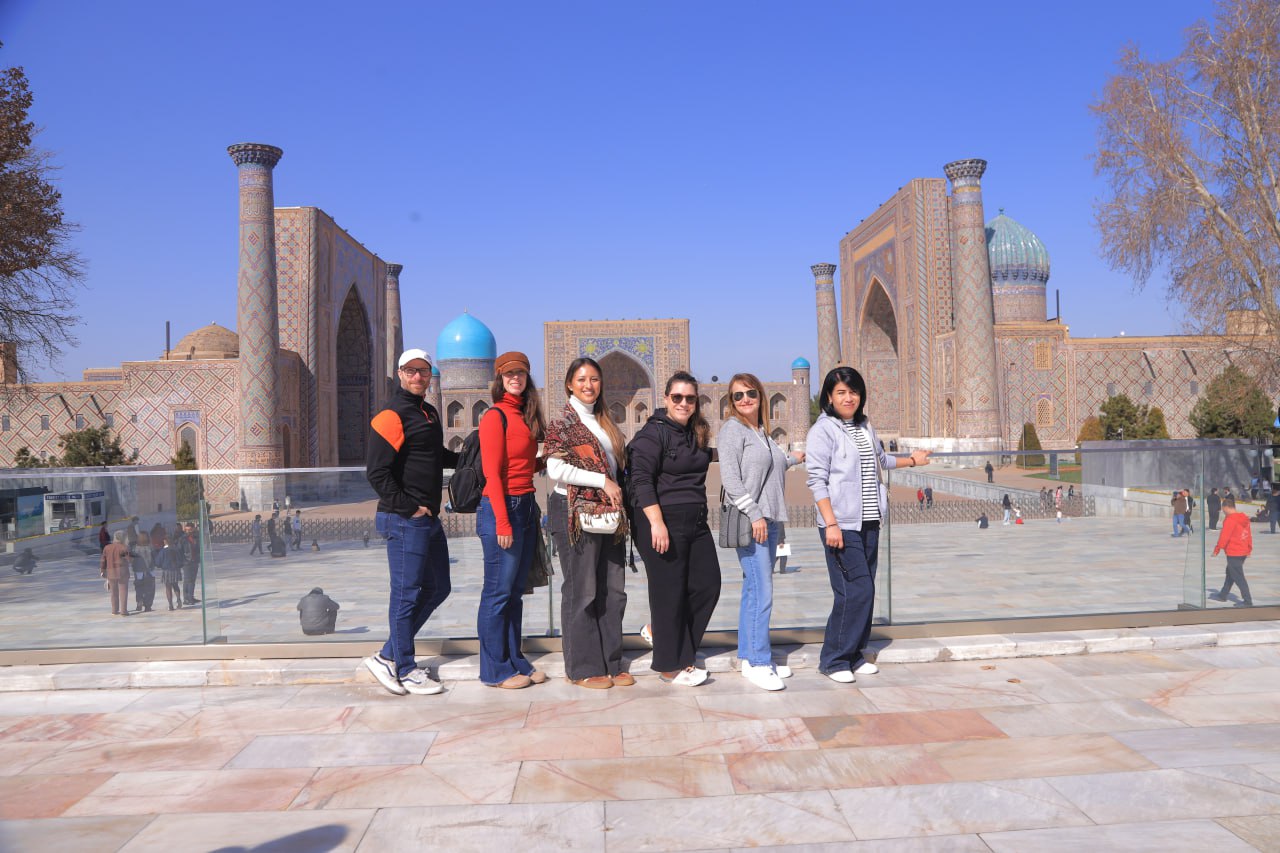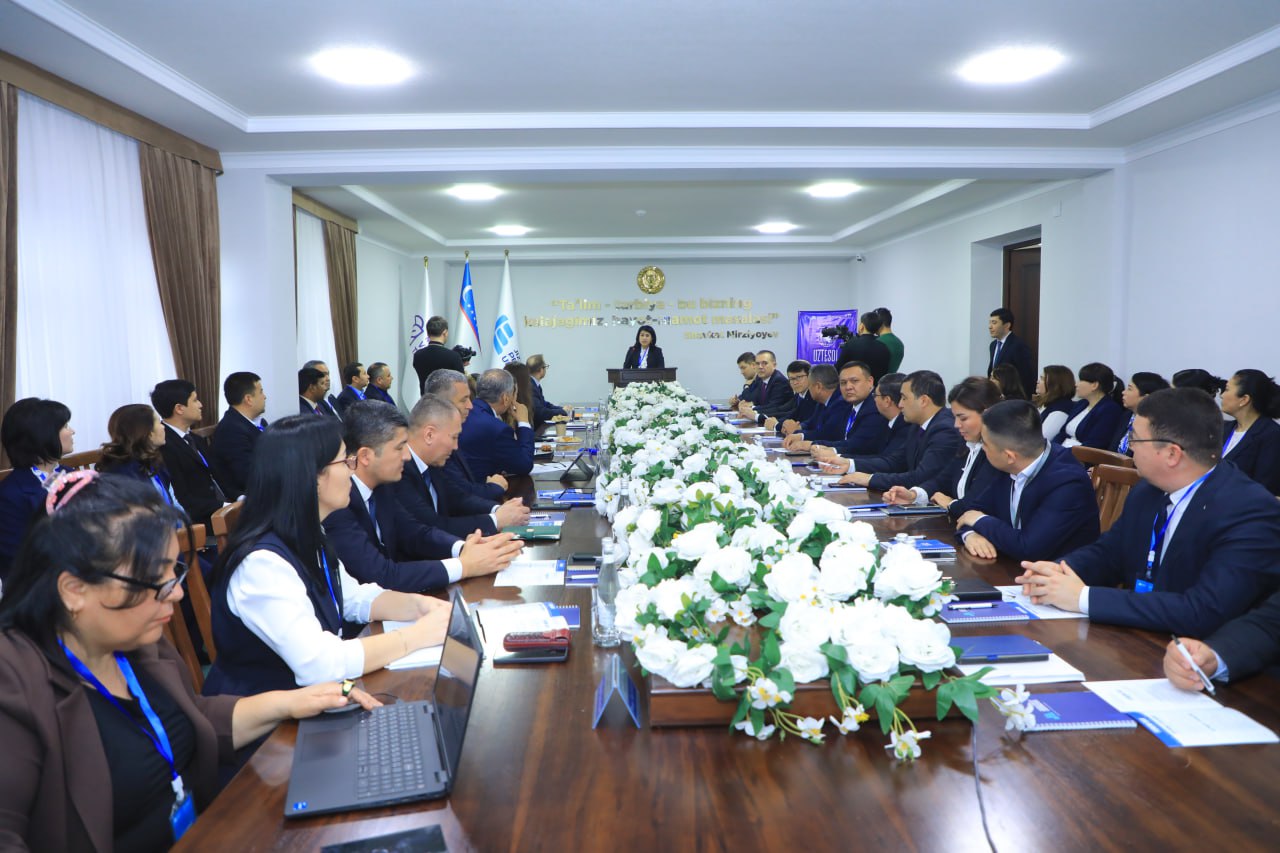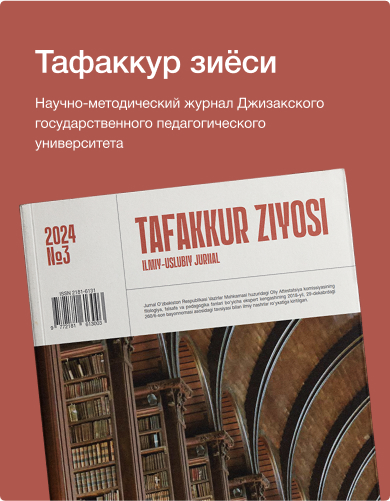The modern concept of education aims to develop a personality capable of effective self- realization in the field of future professional activity. In this regard, the problem of the formation and development of the communicative competence of students in the process of learning the Russian language is of particular importance. The use of language as a means of communication requires the speaker to be aware of the social, situational, and contextual rules that a native speaker must take into account. Why, what, where, when, how they say, what meaning is given to individual words and expressions depending on specific circumstances – all this is regulated by communicative competence [1].
Language proficiency means an orientation towards the development of a linguistic personality. The level of language proficiency is determined not only by theoretical knowledge of the language and spelling rules, but also by practical skills expressed in the speech activity of students, in their creative and research work on the word. The formation of communicative competence is possible only on the basis of linguistic and language competences.
In didactics, the tasks of speech development, the formation of language flair in students, instilling love and interest in the Russian language are put forward in the first place. The development of speech is based on the development of the student’s cognitive abilities through the enrichment of vocabulary, the ability to correctly combine words, use them in speech, use various grammatical means logically and stylistically, coherently express one’s thoughts, subordinating the statement, text, expressive means to the main idea.
Language proficiency means the ability to act, observing the norms of the Russian literary language and the rules of speech culture. Every cultured person should be familiar with various dictionaries and reference books on the Russian language and be able to use them in all doubtful cases. The competence-based approach, which is gaining momentum in the modern university, is a reflection of the society’s need to train people who are not only knowledgeable, but also able to apply their knowledge. Competences are considered as a person’s conscious ability to implement knowledge and skills for effective performance in a particular situation. That is, competence is an alloy of traditional knowledge, skills and abilities with the personal characteristics of a student, with his self-awareness, reflection in the course of cognitive activity [2].
In the standards of the university in the Russian language, the concepts of “communicative competencies”, “language competencies”, “linguistic competencies” and “cultural competencies” are currently being introduced. We adhere to the following content of the concepts of «competence» and «competencies» [3]:
Competence is a more general concept, consisting of individual competencies, such an approach is presented in the work of M.B. Chelyshkova: competence should be interpreted as an integral characteristic that breaks down into a spectrum of individual competencies;
Competence is a certain state of an individual who is able to independently solve a certain level of tasks, using universal and special methods of activity based on scientific and humanistic ideas and principles, as well as the knowledge system he has (O.E. Lebedev);
competencies are mastered and consciously applied methods of activity.
In order for students to fully master the above competencies, targeted systematic work on the development of oral and written speech of students should be started from the first days of being at educational place, aiming to reveal creative initiative, awakening interest in the language based on their own observations, impressions, those. formation of learning motivation.
The effective development of language competencies is possible in the activity approach, which is scientifically substantiated in modern pedagogical practice. The activity is built through individual actions and is based on the subjective experience of the child. For the formation of an action, it is necessary that the subject of the activity realizes its immediate result, the achievement of which leads to the implementation of the entire activity as a whole.
We believe that the main conditions for the formation of training competencies are [4]:
1. The need for utterance, increased speech motivation, the desire to express one’s thoughts and feelings.
2. The presence of a meaningful basis for the statement.
3. Students mastering the language tools necessary to create a specific text, developing their ability to select and use these tools depending on the situation of communication.
Ilmiy ommaviy maqolalar
- Barcha
- Ekofaol talabalar
- Karera markazi
- Kelajakka qadam
- Korrupsiyaga qarshi kurash
- Mahalla va universitet
- Ustozlar suhbatin qo‘msar bu ko‘ngil
Ilmiy ommaviy maqolalar
|
31/05/2023
Chop etish
FORMATION OF LINGUOCULTUROLOGICAL COMPETENCE IN TEACHING RUSSIAN AS A FOREIGN LANGUAGE (ON THE BASIS OF RUSSIAN FAIRY TALES)
Boshqa rubrikalarda mashhur

Uchrashuv ikki tomonlama akademik hamkorlikni yangi bosqichga olib chiqish yo‘lidagi muhim qadam sifatida e’tirof etildi.

Jizzax davlat pedagogika universiteti rahbariyati tashabbusi bilan mehmonlar yakshanba dam olish kunini Samarqand shahrida mazmunli va samarali o‘tkazdilar.

Anjuman doirasida University of Georgia professorlari ishtirokchilarga ingliz tilini o‘qitishda zamonaviy yondashuvlar va ilg‘or tajribalar bo‘yicha ma’ruzalar taqdim etmoqda.
So'nggi yangiliklar
19/02/2026


